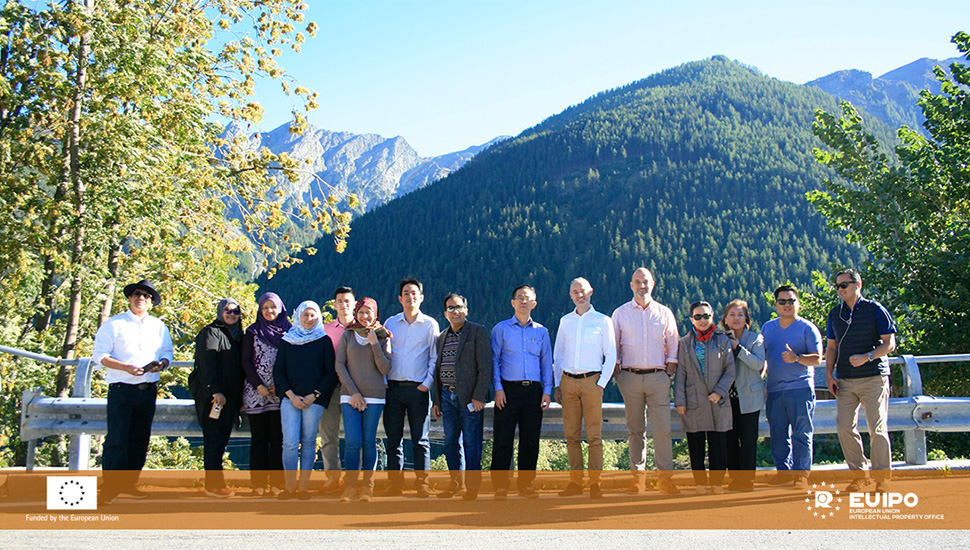Italian producers showcase importance of IP protections to visiting SE Asia officials
The directors-general and other senior representatives from several Southeast Asian intellectual property (IP) offices met with local producers in northern Italy from 28 September to 1 October to gain a better understanding of how geographical indications (GI) contribute to economic development. Producers of Parmigiano Reggiano cheese, Balsamic Vinegar of Modena, Garda Extra Virgin Olive Oil and Apples of Val di Non guided the delegates through the unique sites, production processes and labelling that make their products immediately recognisable in international markets.
Hosted by IP Key SEA and accompanied by EUIPO and EU Commission representatives, the visiting delegates gained valuable insights on EU protection regimes for GIs following presentations from several producers on their benefits, such as quality controls and marketing synergies.
Director General of the Intellectual Property Office of the Philippines, Josephine Rima-Santiago commented, “The producers we met showed the importance of GI protection to the success of local, high-quality products in export markets. They were very informative about the best practices in a GI regime that may be useful to local producers in the Philippines.”
Director General of the Directorate General of Intellectual Property of Indonesia, Dr. Freddy Harris noted, “Effective GI protection systems have helped producers both in Europe and Indonesia by guaranteeing the quality of their products and building a consumer base for their unique products.”
Several Southeast Asian countries have GI protection systems in place, and the GIs protected in the region are contained in the ASEAN GI Database. The database has over 150 domestic GIs registered since 2001, including Kampot Pepper (Cambodia), Gayo Arabica Coffee (Indonesia), Doi Tung Coffee (Thailand), and Phu Quoc fish sauce (Viet Nam). Along with three others from Thailand, these examples are also registered in the EU and benefit from a high level of protection in EU markets as a result. The number of ASEAN GIs protected in the EU is expected to increase substantially due to specific GI provisions in recent and proposed free trade agreements.
GI protection is considered a particularly useful tool for economic growth and sustainable development in regional areas. It helps consumers identify the distinct local qualities of products, provides protection against counterfeits, and complies with environmentally-sound practices. Likewise, GIs play an important role in trade and rural development in Southeast Asia by fostering new markets for traditional products.
